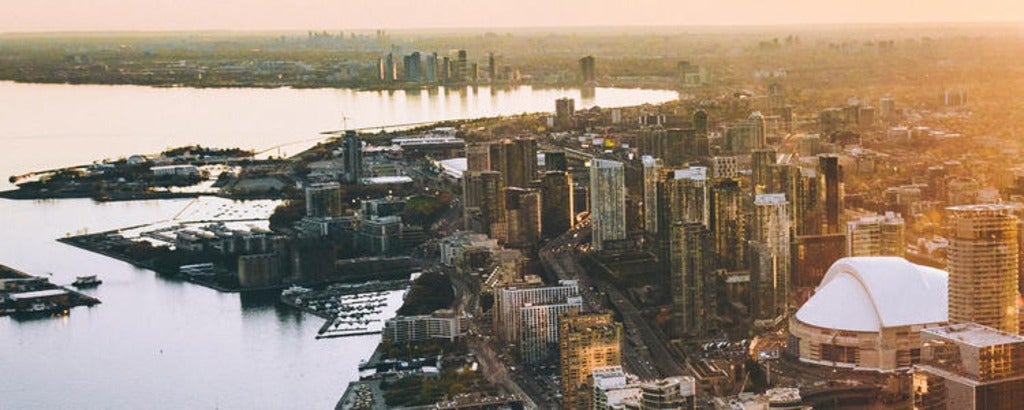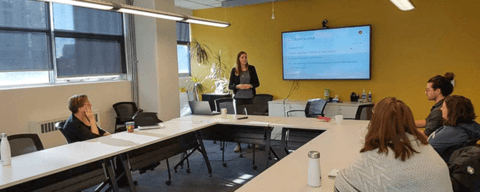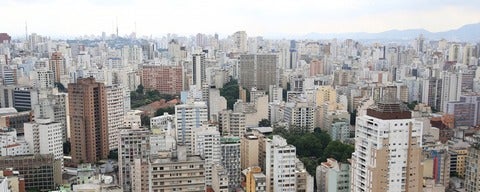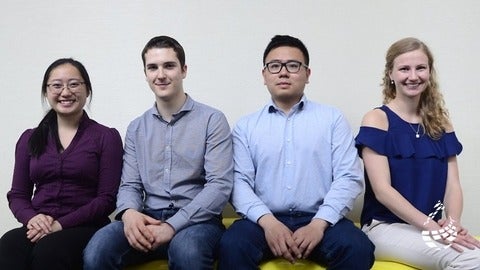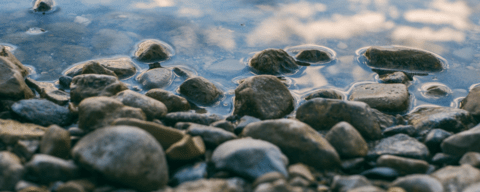Announcing the 2024-25 Water Institute WaterTalks series
The Water Institute is excited to announce its 2024-25 WaterTalks, a five-part speaker series designed to explore cutting-edge insights into today’s most pressing water challenges. This year’s lineup brings together leading experts who will share innovative approaches to water management, addressing complex issues like environmental risk, water contaminants, environmental justice, and advanced resource recovery.

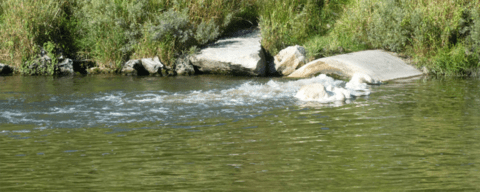
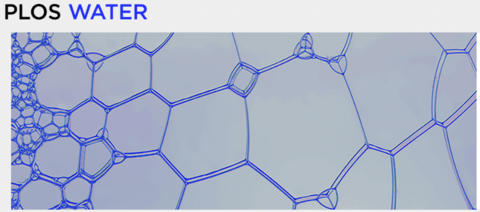
 Water Institute and Interdisciplinary Centre on Climate Change (IC3) members and Waterloo Professors
Water Institute and Interdisciplinary Centre on Climate Change (IC3) members and Waterloo Professors 